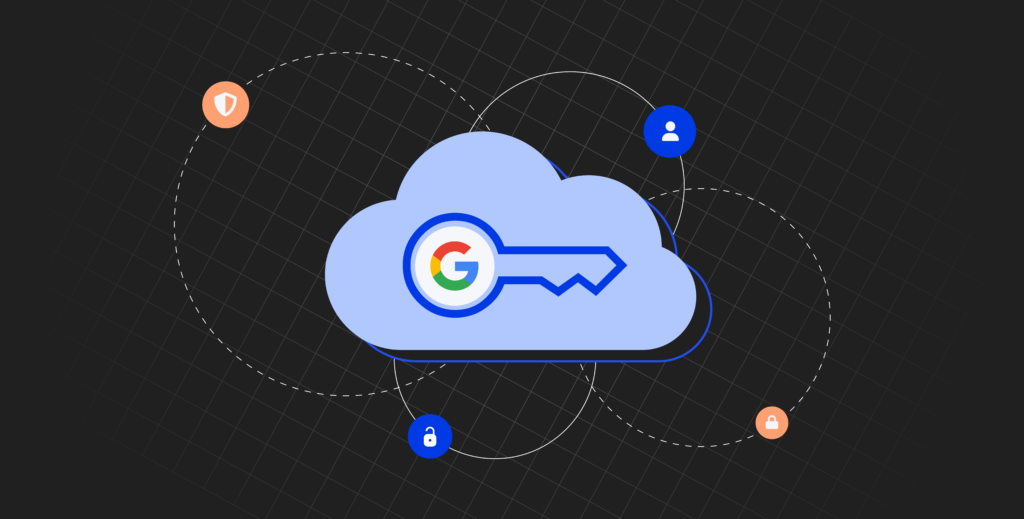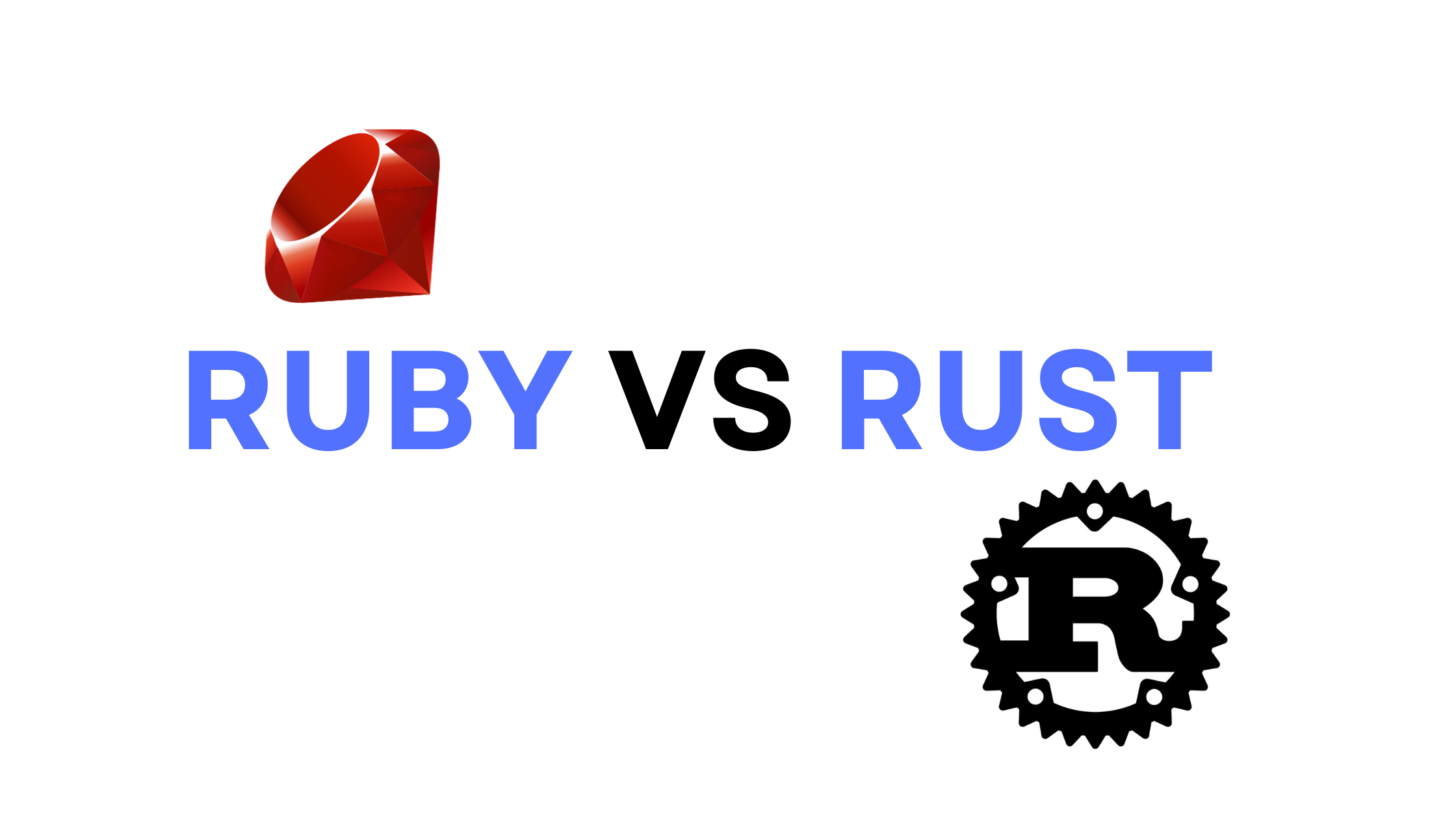When it comes to Single Sign-On (SSO) solutions, Okta vs Google SSO are two prominent players in the market. Each offers unique features and benefits, catering to different organizational needs. Understanding the differences between Okta and Google SSO is crucial for businesses looking to implement an effective and secure authentication system.
Okta SSO

Okta is a cloud-based SSO solution that provides identity management and access control services. It is known for its extensive integration capabilities with a wide range of cloud and on-premises applications.
Key Features
Broad Integration: Supports thousands of pre-integrated apps and custom integrations.
Adaptive Multi-Factor Authentication (MFA): Offers robust security features, including adaptive MFA.
Lifecycle Management: Automates user lifecycle processes like provisioning, de-provisioning, and group membership.
Use Cases:
Ideal for organizations requiring a comprehensive identity and access management solution with extensive integration capabilities.
Suitable for businesses looking for a highly customizable SSO solution.
Google SSO

Google SSO is part of Google Workspace (formerly G Suite), offering a seamless integration with Google’s suite of applications. It is known for its simplicity and ease of use, especially for organizations already embedded in the Google ecosystem.
Key Features:
- Seamless Integration with Google Services: Native integration with Google Apps like Gmail, Drive, and Calendar.
- Basic Identity Services: Provides fundamental SSO capabilities for accessing Google services and a selection of third-party apps.
- User-Friendly Interface: Known for its straightforward and intuitive user experience.
Use Cases:
- Ideal for small to medium-sized businesses heavily reliant on Google Workspace.
- Suitable for organizations looking for a simple, cost-effective SSO solution with less emphasis on extensive integrations.
Comparative Analysis
Integration Capabilities: Okta offers broader integration options compared to Google SSO, making it a better fit for organizations using a diverse range of applications.
Customization and Flexibility: Okta provides more customization options and advanced features like adaptive MFA and comprehensive lifecycle management.
Ease of Use: Google SSO might be more appealing for businesses looking for simplicity and those already using Google Workspace.
Cost: The cost structure differs, with Okta generally being more expensive, reflecting its broader range of features and customizability.
Understanding Okta and Google SSO
Okta
Enterprise-Grade Identity Management Service
Okta stands out as a comprehensive identity management service designed for enterprise use. It offers a robust platform that centralizes and simplifies user authentication and authorization across various applications and services.
Key Features
Single Sign-On (SSO):
- Okta’s SSO capability allows users to access multiple applications with a single set of credentials, enhancing user convenience and reducing password fatigue.
- It supports seamless integration with a vast array of cloud-based and on-premises applications.
Multi-Factor Authentication (MFA):
- MFA adds an extra layer of security by requiring users to provide two or more verification factors to gain access to resources, significantly reducing the risk of unauthorized access.
- Okta’s MFA is adaptable, offering various verification methods such as SMS, email, biometrics, and hardware tokens.
User Lifecycle Management:
- This feature automates the process of managing user identities throughout their lifecycle in an organization, from onboarding to offboarding.
- It includes automated provisioning and de-provisioning of user accounts, role management, and group membership updates.
Practical Example
A company can implement Okta to secure employee access to all internal and cloud-based applications. When an employee logs in through Okta, they can access their email, CRM, and project management tools without needing to log in to each service separately.
Google SSO
Solution Provided by Google Workspace
- Overview: Google SSO is a part of the Google Workspace suite, offering a streamlined and user-friendly authentication solution. It is particularly effective for organizations that rely heavily on Google’s ecosystem.
Authentication Capabilities and Integration
- Authentication with Google Accounts:
- Google SSO allows users to access various applications using their Google account credentials.
- It simplifies the login process, especially for services within the Google ecosystem, and can also be extended to third-party applications.
- Integration with Google Services:
- The integration is seamless with Google services like Gmail, Google Drive, Google Calendar, and more.
- This integration ensures a cohesive experience where users can transition between different Google services effortlessly.
Practical Example
- Use Case: By enabling Google SSO, a small business can provide its employees with hassle-free access to all Google services. For instance, once an employee logs into their Gmail account, they can seamlessly access Google Drive, Google Calendar, and other Google Workspace tools without additional logins, streamlining workflow and enhancing productivity.
Comparison of Okta vs Google SSO
When comparing Okta and Google Single Sign-On (SSO), it’s important to understand that while both provide SSO capabilities, they cater to different needs and offer distinct features. Here’s a detailed comparison:
1. Target Audience and Use Case
- Okta:
- Primarily targets large enterprises and businesses with complex identity management needs.
- Ideal for organizations requiring a comprehensive solution that integrates with a wide range of applications, both cloud-based and on-premises.
- Google SSO:
- Geared towards small to medium-sized businesses, especially those already using Google Workspace.
- Best suited for organizations looking for a straightforward SSO solution that integrates seamlessly with Google services.
2. Integration Capabilities
- Okta:
- Offers extensive integration options with thousands of applications.
- Provides more flexibility in integrating with various cloud services, on-premises applications, and custom-built solutions.
- Google SSO:
- Focuses on integration within the Google ecosystem, such as Gmail, Google Drive, and Google Calendar.
- Offers limited integration capabilities with non-Google services compared to Okta.
3. Authentication Features
- Okta:
- Provides advanced features like adaptive Multi-Factor Authentication (MFA), which enhances security by adapting to user behavior.
- Offers comprehensive user lifecycle management, including automated provisioning and deprovisioning of user accounts.
- Google SSO:
- Offers basic MFA capabilities.
- Focuses on simplicity and ease of use, with less emphasis on advanced security features.
4. Customization and Flexibility
- Okta:
- Highly customizable, allowing organizations to tailor the solution to their specific needs.
- Offers more control over security policies and user access management.
- Google SSO:
- Less customizable compared to Okta.
- Provides a more straightforward, user-friendly interface with limited customization options.
5. Cost and Investment
- Okta:
- Generally more expensive, reflecting its broader range of features and capabilities.
- More suitable for organizations with larger budgets dedicated to IT security and identity management.
- Google SSO:
- More cost-effective, especially for small businesses or those already invested in the Google ecosystem.
- Offers a simpler SSO solution without the additional costs associated with more complex systems.
Security and Compliance in Okta and Google SSO
When evaluating Single Sign-On solutions like Okta and Google SSO, understanding their security features and compliance certifications is crucial. These aspects are fundamental in ensuring that the chosen SSO solution not only simplifies access but also adequately protects sensitive data and meets regulatory standards.
Okta
Security Features
- Encryption:
- Okta employs robust encryption methods both in transit and at rest, ensuring that sensitive data is securely encrypted during all stages of transmission and storage.
- Audit Logs:
- Provides comprehensive audit logs that track user activity, access changes, and system modifications. This feature is crucial for monitoring and investigating security incidents.
- Granular Access Controls:
- Okta offers detailed and customizable access policies, allowing administrators to define and enforce precise access controls based on user roles, locations, and other factors.
Compliance Certifications
Okta maintains compliance with major standards and regulations, including ISO 27001, SOC 2 Type II, and GDPR, ensuring adherence to rigorous security and privacy practices.
Google SSO
Security Measures
- Encryption:
- Similar to Okta, Google SSO provides strong encryption for data in transit and at rest, protecting user credentials and other sensitive information.
- Security and Privacy:
- Google’s infrastructure is designed with multiple layers of protection, leveraging advanced security features like phishing resistance and secure browsing.
- Compliance and Certifications:
- Google Workspace, which includes Google SSO, complies with internationally recognized standards such as ISO 27001, SOC 2/3, and GDPR.
Practical Example
- Use Case for Okta: A multinational corporation can utilize Okta’s granular access controls to create specific policies for different departments or regions. For instance, they can restrict access to certain applications based on the user’s location or department, enhancing security and compliance with regional data protection laws.
Okta vs Google SSO for Businesses
When businesses are considering implementing a Single Sign-On (SSO) solution, choosing between Okta and Google SSO depends on various factors including the size of the business, its specific needs, existing IT infrastructure, and future scalability. Here’s a comparative analysis to help businesses make an informed decision:
1. Target Audience and Business Size
- Okta:
- Ideal for medium to large enterprises with complex IT environments.
- Suitable for businesses requiring a comprehensive identity management solution that can handle a diverse range of applications and services.
- Google SSO:
- Best suited for small to medium-sized businesses, especially those already using Google Workspace.
- A good fit for organizations looking for a straightforward, easy-to-implement SSO solution.
2. Integration and Compatibility
- Okta:
- Offers extensive integration capabilities with thousands of applications, both cloud-based and on-premises.
- Ideal for businesses that use a wide variety of applications and services, including custom solutions.
- Google SSO:
- Focuses on seamless integration within the Google ecosystem, such as Gmail, Google Drive, and Google Calendar.
- Limited in terms of integration with non-Google services compared to Okta.
3. Security and Compliance
- Okta:
- Provides robust security features including advanced encryption, audit logs, and compliance with major standards like ISO 27001 and SOC 2.
- Offers granular access control policies, enhancing security for businesses with stringent compliance requirements.
- Google SSO:
- Ensures secure data handling with strong encryption and compliance with standards like ISO 27001 and GDPR.
- More focused on providing a secure environment within the Google ecosystem.
4. User Experience and Management
- Okta:
- Offers a more customizable user experience with advanced features like adaptive MFA and comprehensive user lifecycle management.
- Suitable for businesses needing detailed control over user access and security policies.
- Google SSO:
- Known for its user-friendly interface and ease of use, particularly for users familiar with Google products.
- Provides basic identity management capabilities, ideal for businesses seeking simplicity.
5. Cost Considerations
- Okta:
- Generally more expensive, reflecting its broader range of features and capabilities.
- A significant investment for businesses that need a highly customizable and comprehensive SSO solution.
- Google SSO:
- More cost-effective, especially for businesses already invested in the Google ecosystem.
- Offers a simpler SSO solution without the additional costs associated with more complex systems.
FAQS
What is the main difference between Okta and Google SSO?
Okta is a comprehensive identity management solution offering extensive integration with a wide range of applications and advanced security features. Google SSO, part of Google Workspace, provides a more streamlined SSO solution focused primarily on integration within the Google ecosystem.
Which is more suitable for large enterprises, Okta or Google SSO?
Okta is generally more suitable for large enterprises due to its extensive integration capabilities, advanced security features, and customizable access controls.
Can Google SSO be used with non-Google applications?
Yes, Google SSO can be used with some non-Google applications, but its integration capabilities are more limited compared to Okta.
How do Okta and Google SSO differ in terms of security features?
Okta offers advanced security features like adaptive MFA, granular access controls, and comprehensive audit logs. Google SSO provides basic security features with a focus on the secure integration of Google Workspace services.
Is Okta more expensive than Google SSO?
Generally, yes. Okta tends to be more expensive due to its broader range of features and customization options, making it a more comprehensive solution for complex IT environments.













